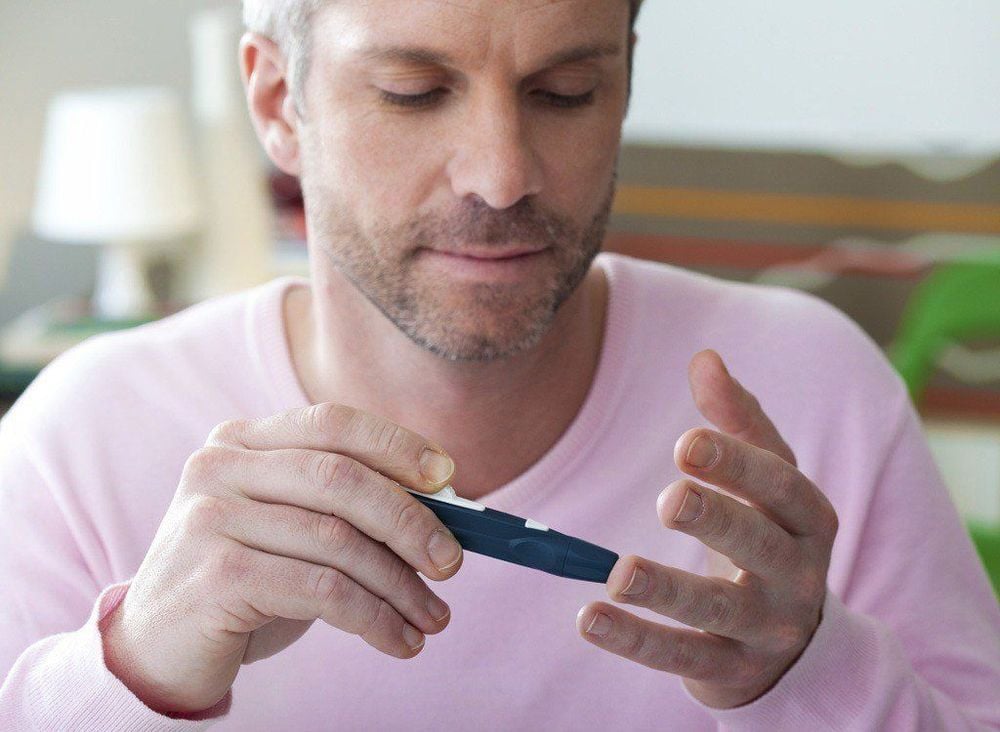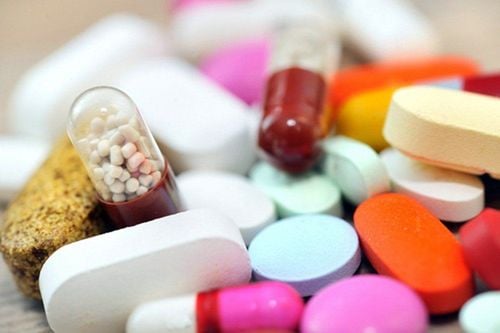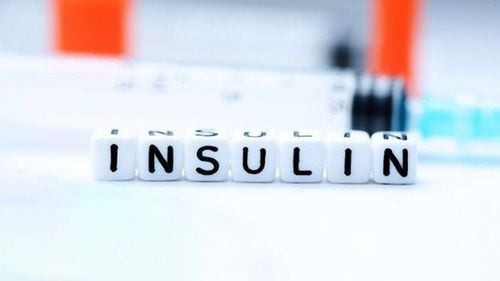This is an automatically translated article.
Article by Master, Doctor Bui Minh Duc - Department of General Internal Medicine - Vinmec Times City International General Hospital.
1. What is Erectile Dysfunction?
Erectile dysfunction (ED) is a sexual dysfunction in men, which is a condition in which the penis is not erect or erect enough for sexual intercourse. This disease is more common in men with diabetes , especially those with type 2 diabetes . It can stem from damage to nerves and blood vessels from long-term poor blood sugar control.
Erectile dysfunction can also be related to other medical conditions that are common in men with diabetes, such as high blood pressure and heart disease. It is estimated that between 35% and 75% of men with diabetes will experience some degree of erectile dysfunction during their lifetime. Men with diabetes often experience erectile dysfunction 10 to 15 years earlier than men without diabetes. In men with diabetes, with age, erectile dysfunction becomes more common. Over the age of 50, difficulty getting an erection occurs in about 50% to 60% of men with diabetes. Over the age of 70, there is about a 95% chance of experiencing some difficulty with erectile dysfunction.
1.1 Physiology of erectile dysfunction
Normal male sexual function requires a complex interaction of vascular, neurological, endocrine and psychological systems. To achieve and maintain an erect penis is a vascular phenomenon. For the penis to have a normal erection, blood flow into the cavernous and spongy bodies is required. As blood flow accelerates, the pressure in the intracavernous cavity suddenly increases, blocking the flow of the penile veins. The combination of increased cavernous blood flow and decreased venous outflow allows a man to get and maintain an erection.
Nitric oxide also plays an important role. The high concentration of nitric oxide acts as a local neurotransmitter and facilitates the dilation of blood vessels, thereby maximizing blood flow and penile erection. Absence or loss of erection usually occurs when nitric oxide-induced vasodilation ceases.
Low levels of nitric oxide synthesis in the corpus cavernosum are seen in people with diabetes, smokers, and men with testosterone deficiency. Factors that affect oxygen delivery or nitric oxide synthesis can prevent vascular pressure in the corpus cavernosum from rising enough to impede venous outflow, resulting in an inability to obtain or maintain an erection. .
The erection process also requires normal nerve activity to redirect blood flow into the corpus cavernosum. Psychogenic erections secondary to visual or auditory stimuli affecting the spinal cord at T-11 to L-2. Nerve impulses are transmitted to the pelvic vascular bed, redirecting blood flow to the cavernous body. Reflex erections secondary to tactile stimulation to the penis or genitals activate reflex arcs with the sacral nerve roots at S2 to S4. Nocturnal erections occur during rapid-eye-movement (REM) sleep and occur three to four times per night. Depressed men rarely experience rapid eye movement sleep and therefore do not experience nocturnal or early morning erections.

1.2. Pathophysiology of erectile dysfunction
Causes of ED are many, but generally there are two types: Physical causes and psychological causes. The physical causes can be classified into five categories: Vascular, traumatic/postoperative, neurological, endocrine, and drug-induced. Psychological causes can be depression, performance anxiety, and relationship problems. In people with diabetes, the main risk factors are neurological disease, vascular insufficiency, poor glycemic control, high blood pressure, low testosterone levels, and possibly a history of smoking.
2. Erectile dysfunction in diabetics
The natural progression of erectile dysfunction in people with diabetes is often gradual and does not happen overnight. Both vascular and neurological mechanisms are commonly implicated in people with diabetes. Atherosclerosis of the penis restricts blood flow into the cavernous body. Due to decreased cavernous blood flow, venous outflow is also lost. This loss of flow results in the cavernous bodies being unable to expand and compress to prevent return of blood.
Autonomic neuropathy is a major cause of increased incidence of ED in people with diabetes. The levels of norepinephrine and acetylcholine in the corpus cavernosum have also been shown to be reduced in people with diabetes. This results in an inability to autonomically mediated muscle relaxation, which is essential for an erection.
Depending on each specific case, the doctor will have appropriate diagnostic methods and treatment measures for erectile dysfunction.
MORE: Diagnosis and treatment of erectile dysfunction

3. Treatment of erectile dysfunction in diabetics
Erectile dysfunction is a common problem for men with diabetes. Many patients shy away from discussing erectile dysfunction with their doctor. Don't let embarrassment keep you from getting help. Talk to your doctor to find the best treatment. Here's what to do:
Tell your doctor what's going on. Your doctor will find out the underlying causes of your erectile dysfunction and can provide you with information about medications and other erectile dysfunction treatments. Ask what you can do to better control your diabetes? Improving your blood sugar can help prevent nerve and blood vessel damage that leads to erectile dysfunction. You will also feel better overall and improve your quality of life. Ask your doctor if you're taking the right steps to keep your diabetes under control. Ask about other health problems. Men with diabetes often have other chronic conditions that can cause or worsen erectile dysfunction. Talk to your doctor about any other health problems. Check your current medication. Ask your doctor if you are taking any medications that can worsen your erection problems, such as those used to treat depression or high blood pressure. Changing medications may help. Anxiety and stress can make erectile dysfunction worse. Erectile dysfunction can also have a negative impact on your relationship.
Besides drug treatment, practice a healthy lifestyle. Try the following methods to improve your erectile dysfunction and overall health:
Quit smoking. Tobacco narrows your blood vessels, which can lead to or worsen erectile dysfunction. Smoking can also lower levels of nitric oxide, which helps blood flow to the penis. Weight loss . Being overweight can cause or worsen erectile dysfunction. Daily exercise . Exercise contributes to erectile dysfunction in a number of ways, including reducing stress, helping you lose weight, and increasing blood flow. Limit or give up alcohol. Alcohol contributes to erectile dysfunction. If you still drink alcohol, drink in moderation. Healthy adults have up to one drink per day for men over 65 and up to two drinks per day for men 65 years and younger. Some patients feel sad and disappointed when they find out they have erectile dysfunction. It's important to remember that this condition is treatable. Erectile dysfunction is very common and can often be reversed using natural remedies or medications to treat the underlying cause.
Early intervention can often uncover a serious underlying medical condition underlying the symptoms of erectile dysfunction, and identifying the cause of erectile dysfunction early can increase the likelihood of a reversal.
Please dial HOTLINE for more information or register for an appointment HERE. Download MyVinmec app to make appointments faster and to manage your bookings easily.














